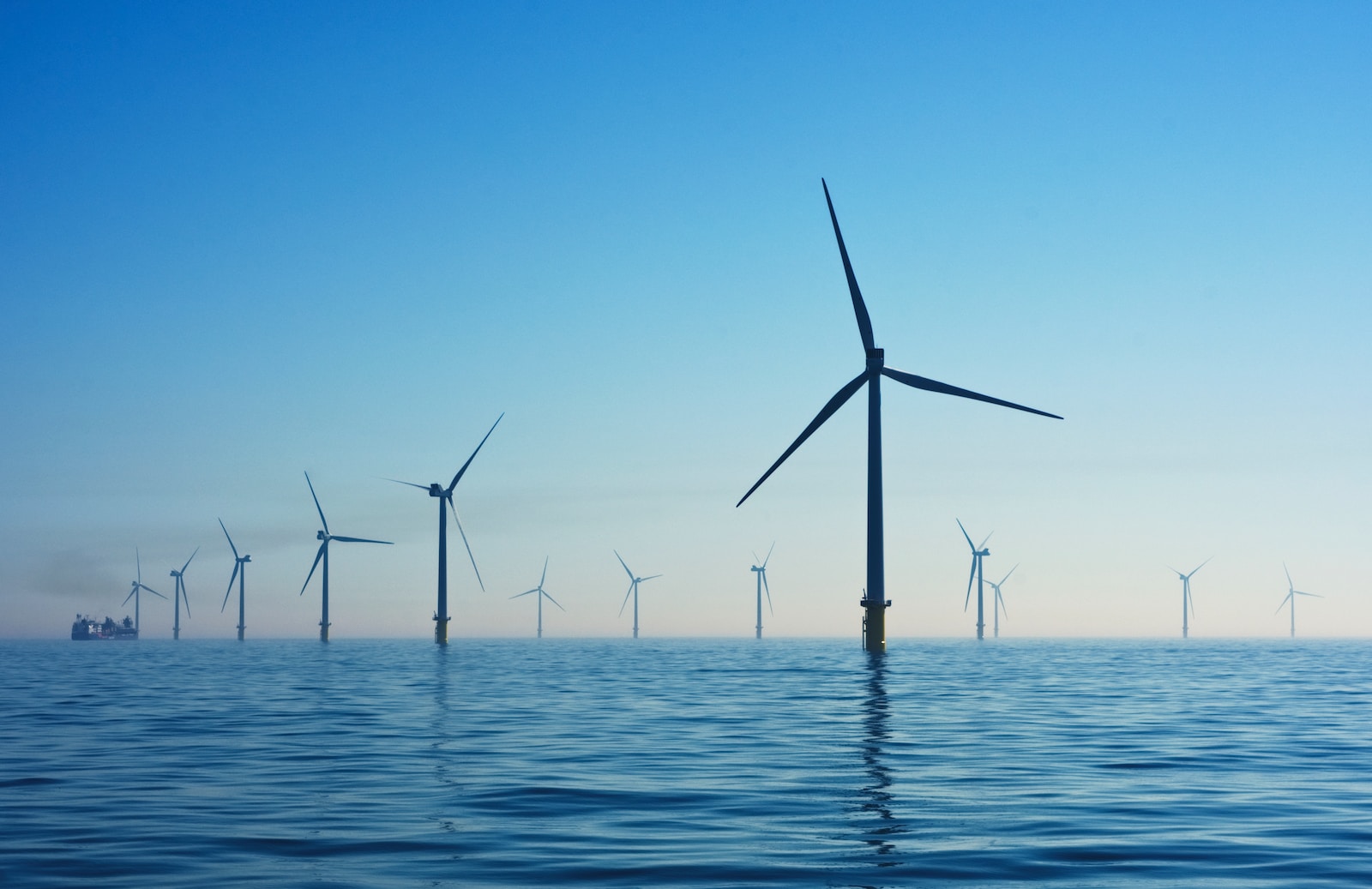Introduction
Climate change is a pressing global issue that requires urgent attention and action. The increasing concentration of greenhouse gases in the atmosphere is leading to rising temperatures, melting ice caps, and extreme weather events. To mitigate the impacts of climate change, it is crucial to transition to clean energy sources. Clean energy, which includes Renewable sources such as solar, wind, hydro, and geothermal power, offers a sustainable and environmentally friendly alternative to fossil fuels. In this article, we will explore how clean energy can play a key role in climate mitigation efforts. What’s the essence of achieving climate resilience and water security?
Understanding Climate Change
Climate change is primarily caused by human activities, particularly the burning of fossil fuels such as coal, oil, and natural gas. These activities release carbon dioxide and other greenhouse gases into the atmosphere, trapping heat and leading to global warming. The consequences of climate change are far-reaching, including rising sea levels, more frequent and intense heatwaves, droughts, and floods. Urgent action is required to Reduce greenhouse gas emissions and limit global warming to prevent catastrophic impacts on ecosystems, economies, and human lives.
What is Clean Energy?
Clean energy refers to energy sources that have minimal or no negative impact on the Environment. Unlike fossil fuels, which emit large amounts of greenhouse gases when burned, clean energy sources produce little to no emissions. Solar energy harnesses the power of the sun through photovoltaic cells or concentrated solar power systems. Wind energy utilizes wind turbines to convert wind into electricity. Hydroelectric power is generated from flowing or falling water. Geothermal energy harnesses the heat from the Earth’s core. By tapping into these clean energy sources, we can reduce our reliance on fossil fuels and mitigate the impacts of climate change.
The Role of Clean Energy in Climate Mitigation
Transitioning to clean energy sources is crucial for mitigating climate change. By reducing greenhouse gas emissions, clean energy helps to limit global warming and its associated impacts. Fossil fuels, such as coal and oil, release carbon dioxide and other pollutants when burned, contributing to the greenhouse effect. Clean energy sources, on the other hand, produce little to no emissions during operation, significantly reducing the carbon footprint. Additionally, clean energy helps to improve air quality and reduce health risks associated with pollution, benefiting both the environment and public health.
Clean Energy Transition Initiatives
Countries and organizations worldwide have recognized the importance of transitioning to clean energy and have made commitments to do so. The Paris Agreement, signed by almost all nations, aims to limit global warming to well below 2 degrees Celsius above pre-industrial levels. Many countries have set renewable energy targets and implemented policies and incentives to encourage clean energy adoption. Various successful clean energy projects and initiatives have been implemented globally, showcasing the potential of clean energy in reducing greenhouse gas emissions and fostering sustainable development.
Benefits of Clean Energy Adoption
Clean energy adoption offers numerous benefits, both environmental and economic. By investing in clean energy technologies, countries can stimulate economic growth and create new job opportunities. The renewable energy sector has experienced significant growth, providing employment in manufacturing, installation, and maintenance of clean energy systems. Moreover, transitioning to clean energy sources reduces dependence on fossil fuels, enhancing energy independence and security. Clean energy also promotes resilience and adaptation to climate change, as it is less vulnerable to supply disruptions and price fluctuations compared to fossil fuels.
Challenges and Solutions in Clean Energy Adoption
While clean energy adoption is crucial, it faces several challenges. One major barrier is the perceived high cost of clean energy technologies compared to traditional fossil fuel-based systems. However, the cost of renewables has been steadily decreasing, making them increasingly competitive. Infrastructure limitations, such as the need for transmission and distribution networks to accommodate renewable energy, can also pose challenges. Additionally, supportive policies and regulations are essential to drive clean energy adoption. Governments and stakeholders need to collaborate to develop strategies and overcome these challenges, such as providing financial incentives, streamlining permitting processes, and investing in research and development.
Case Study: Clean Energy for Climate Resilience and Water Security
Clean energy plays a vital role in addressing climate resilience and water security. Renewable energy systems can provide a reliable and decentralized source of power for water treatment and distribution, reducing reliance on fossil fuel-based systems. Furthermore, clean energy can power desalination plants, helping to address water scarcity in coastal regions. For example, the use of solar-powered desalination plants in arid regions can provide a sustainable solution for freshwater production. These initiatives demonstrate the synergies between clean energy and water security, highlighting their importance in building climate resilience.
Clean Energy Education and Training
To accelerate the transition to clean energy, education and training play a crucial role. By equipping individuals with knowledge and skills in clean energy technologies and practices, we can foster a workforce capable of driving the clean energy revolution. Online courses and resources offer accessible and flexible learning opportunities for individuals interested in learning about clean energy. By enrolling in sustainable development online courses, individuals can gain a comprehensive understanding of clean energy, its benefits, and its role in climate mitigation.
Conclusion
Clean energy is a key solution for climate mitigation, offering a sustainable alternative to fossil fuels. By reducing greenhouse gas emissions, improving air quality, and fostering economic growth, clean energy adoption benefits both the environment and society. Transitioning to clean energy sources is essential for achieving climate resilience and water security, ensuring a sustainable future for generations to come. It is crucial for individuals to take action and support clean energy initiatives to combat climate change effectively.
Call to Action
Enroll in sustainable development online courses to learn more about clean energy and its role in climate mitigation. By gaining knowledge and skills in clean energy technologies, you can contribute to building a sustainable future and making a positive impact on our planet. Take the first step towards becoming an agent of change and join the clean energy revolution today.













